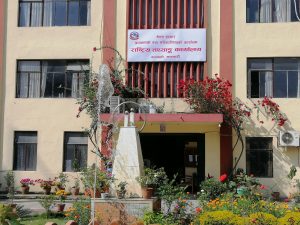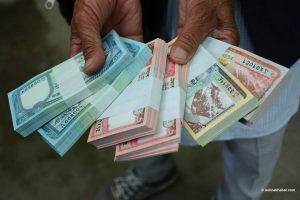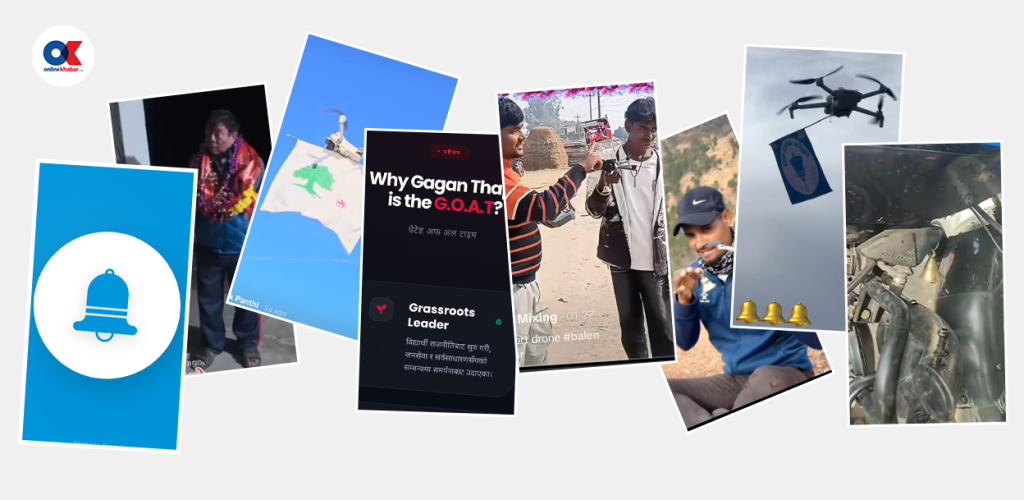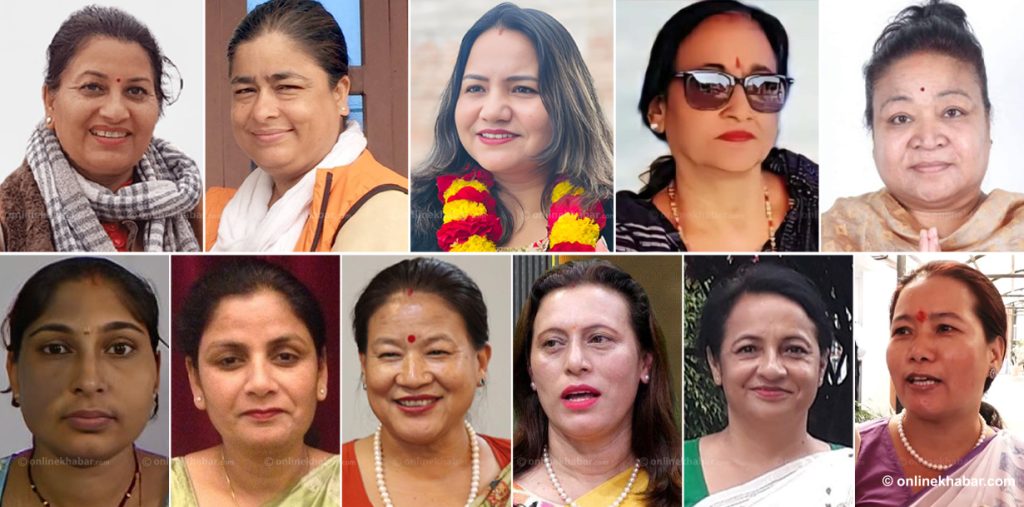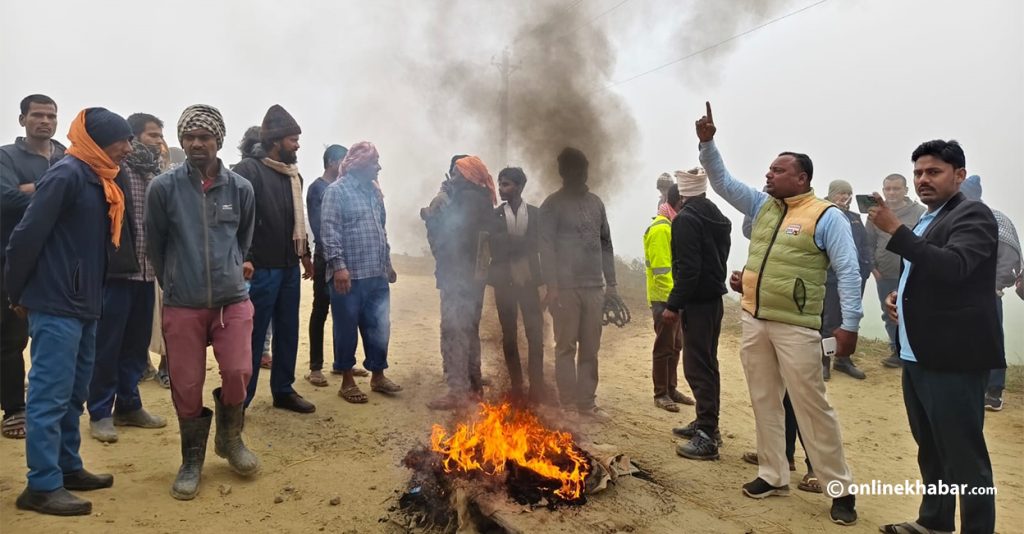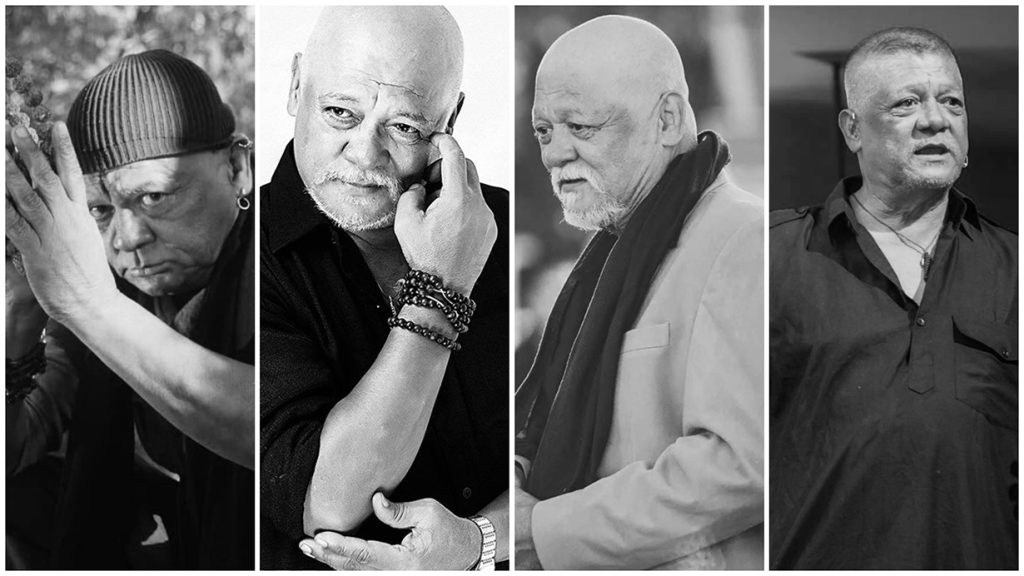Healthcare workers have been facing discrimination due to the stigma associated with the fear of transmission of the coronavirus. Interestingly, while digging deep in the history of plagues, this seems like an expected human pattern. A recent incident in Baneshwor of Kathmandu where a residence of doctors and nurses was picketed by the locals to force them out of the locality is not so surprising considering the common people’s psychology during such pandemics although it raised some fundamental questions regarding such treatment of people towards essential frontline workers. Pandemics have a way of changing our societies, not just in terms of healthcare, but also behaviourally and cognitively.
Frontline health workers have been heavily discriminated against in the last couple of months and even more so in the last couple of weeks. This was seen when Dr Aruna Bijukchhe, a paediatrician at Civil Service Hospital, spoke to me about the account of Dr Bishwa Bandhu Bagale from Chitwan. She told me how his house was marked by locals as the house of a coronavirus positive patient and how he had to deal with such heavy stigmatisation even though he was asymptomatic and under complete isolation. This act of stigmatising healthcare workers does not only seem heartbreaking, but it also seems like there are many layers to this problem.

Another account of stigmatisation was shared to me by Dr Bhagwan Shrestha, a medical officer at Bhajani Primary Health Centre in Kailali. He shared how he had not been able to leave the grounds of the hospital for the last six months – mostly because of coronavirus, partly because he fears to be at the receiving end of the stigmatisation. He also added that many of his coworkers had to shift from their place of residence because of how badly the locals were treating them. This has caused a sense of dejection and fear amongst the healthcare workers in both in and out of Kathmandu valley. The last thing our healthcare workers expect from our society as a whole is to live in constant fear and dejection. If anything, they should be celebrated by our society as well as the government.
The front-liners are seen to be going above and beyond for society, yet they have also been receiving backlash. It seems obvious that it would affect their job performance and motivation. Stigma has a way of affecting our performances in social roles. When receiving such a strong backlash, healthcare workers are bound to be less enthusiastic about their work as it makes their work more of a stressor.
Dr Bhagwan Shrestha added to this notion by telling me how it had become difficult for him to give the required time to his patients. The patient inflow had hit a record high, but he kept feeling a sense of dejection and it hampered his wellbeing in more than one way. He felt anxiety and even feared to visit his own family.

Health workers are putting extra hours of work to battle against the pandemic due to which they have been expressing anxiety and symptoms of post-traumatic stress disorder (PTSD) across the world. This phenomenon can simply be explained as the ‘cost of caring’. In terms of their mental wellbeing, Dr Aruna Bijukchhe shared to me how the pandemic was pushing all to a mental health crisis in which frontline health workers are expected to be one of the worst-hit groups in terms of mental health. Currently, thousands of social scientists abroad have been researching on the community of healthcare professionals to ease their burden. But, yet in Nepal, we see such discrimination, which seems to take humanity to its lowest point.
To understand more about what exactly stigmatisation is and why our healthcare workers are having to face the burden of it, I reached out to Ms Jug Maya Chaudhary, a clinical psychologist at Rhythm Neuropsychiatry Hospital. She explained to me how stigmatisation worked and why it is an expected human pattern while a pandemic has taken over. The constant degrading that they are being presented with is caused due to negative psychological perspectives and stereotypical beliefs that society holds.

Despite having education and awareness, it seems that people mould their beliefs to what fits them. Out of the list of reasons that Chaudhary gave me as to why people fall in the vicious cycle of discriminating, the top reasons were a lack of awareness and education. People in Nepal are still unaware of what exactly Covid-19 is and how it works. This prompts them to have a lack of understanding and leads them to label people. This labelling is often accompanied by negative attitudes and a sense of heightened impulsivity.
Some ways for the medical professionals to deal with this issue as per Chaudhary can be to create support groups among their communities, the government improving and urgently adapting to policies that favour these professionals, and instilling a feeling of unity instead of hope. Along with this, the government should attempt to criminalise individuals and communities who bring the feeling of discrimination into our lives and also hold proper awareness campaigns to educate people about the ongoing pandemic. All these activities can go a long way.






